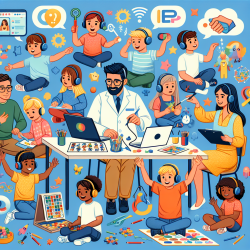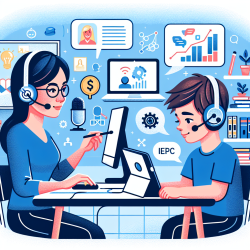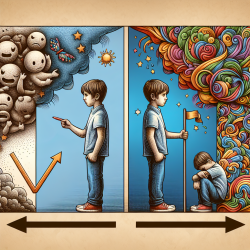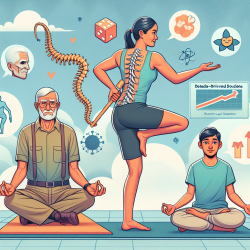In the realm of special education, understanding and addressing the behavioral needs of students with Individualized Education Programs (IEPs) is crucial. The key to success lies in employing inclusive strategies that focus on prevention and de-escalation. By doing so, educators can create a supportive learning environment that fosters both academic and personal growth for all students.
The Importance of Prevention
Prevention stands as the most efficient intervention when it comes to managing behaviors that interfere with learning. By being proactive, educators can help students acquire and maintain new skills necessary for lifelong learning. When unexpected behaviors arise, the manner in which adults respond significantly influences student reactions. Adult responses can either escalate or de-escalate a student's behavior, highlighting the importance of being aware of one's own actions and reactions.
De-escalation Techniques
Understanding effective de-escalation techniques is a critical skill for educators. These strategies not only prevent intense behavioral responses but also promote prosocial replacement behaviors. Most individuals can relate to the emotions associated with the Acting-Out Cycle, which provides valuable guidance on how adults should respond to support de-escalation.
- Culturally Responsive Practice: Ensure your responses are culturally sensitive, recognizing that cultural differences can affect interpretations of words and non-verbal cues.
- Relationship-Based Communication: Limit interactions to adults who have established a positive relationship with the student.
- Calm Modeling: Use calm breathing, non-verbal cues, and a soothing tone to model calmness for the student.
- Avoid Power Struggles: Power struggles only increase behavioral intensity; avoid creating win-lose situations.
- Timing of Discussions: Wait until all parties are calm before discussing behaviors or consequences.
- Pre-Teaching Self-Regulation: Teach self-monitoring and regulation strategies before incidents occur.
Common Pitfalls Leading to Escalation
Conversely, certain adult behaviors can inadvertently escalate student behavior:
- Avoid overwhelming students with excessive conversation or sensory input.
- Avoid using loud tones or close proximity as they may trigger power struggles.
- Avoid discussing consequences during heightened emotional states as it may not align with behavioral functions.
The Role of Self-Care
An often overlooked aspect of managing student behavior is the importance of self-care for educators. Adults need to address their own needs to effectively support their students' social and emotional well-being. Ignoring signs of burnout or anxiety can undermine efforts in creating a positive learning environment.
For more information on these strategies, please follow this link.










